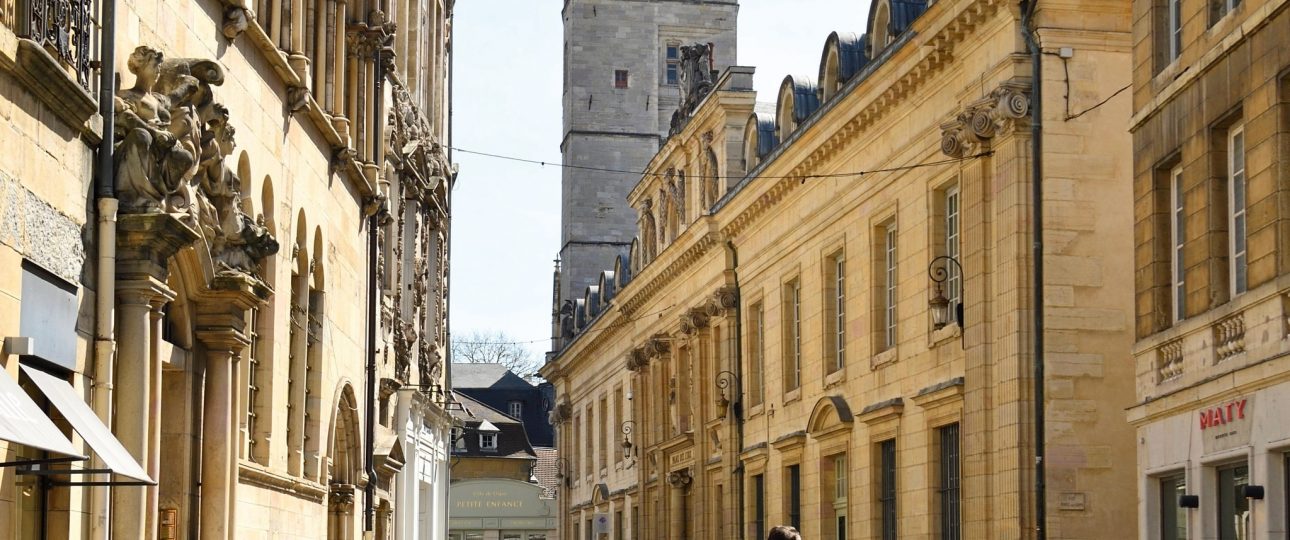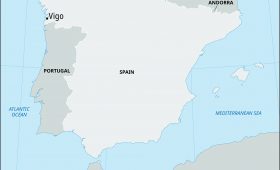Introduction to Dijon
Dijon, the capital of the Burgundy region in eastern France, is a city renowned for its historical significance, culinary excellence, and architectural beauty. While it is famously associated with mustard, Dijon offers a rich tapestry of cultural attractions, serene parks, and a vibrant atmosphere that draws visitors from around the world. This guide will delve into the unique aspects of Dijon, provide practical travel tips, and offer insights for a rewarding visit.
Historical Significance
Dijon’s roots trace back to Roman times when it was known as Divio. It rose to prominence during the Middle Ages as the capital of the Duchy of Burgundy. This era was marked by a flourishing of art, culture, and architecture, much of which remains today. Notable historical landmarks include:
- The Palace of the Dukes of Burgundy: This grand structure reflects the power and wealth of the Dukes, who were influential patrons of the arts.
- The Church of Notre-Dame: Known for its exquisite Gothic architecture and the owl statue, which is believed to bring good luck.
- The Musée des Beaux-Arts: One of France’s oldest art museums, it houses a remarkable collection of European paintings and sculptures.
Best Time to Visit
The ideal times to explore Dijon are during the spring (April to June) and fall (September to October). These seasons offer mild weather, perfect for walking tours and outdoor activities. Summers can be warm, while winters are chilly with occasional snowfall.
How to Get There
Dijon is well-connected and accessible for travelers. Here are the main ways to reach the city:
- By Air: Although Dijon-Bourgogne Airport does not handle commercial flights, travelers can fly into Geneva Airport or Lyon Saint-Exupéry Airport and take a train or bus to Dijon.
- By Train: Dijon-Ville is the main train station, offering TGV (high-speed train) services from Paris, Lyon, and other major cities. Regular trains also connect to destinations in Italy, Switzerland, Luxembourg, and Belgium.
- By Car: Dijon is accessible via the A31 and A38 motorways, with several parking options available for visitors.
Local Transportation
Getting around Dijon is straightforward, thanks to its efficient public transportation system:
- Tram System: The tram network connects key areas of the city, making it a convenient mode of transport.
- Buses: A comprehensive bus network complements the tram service, providing access to various neighborhoods and attractions.
- Biking: Dijon is bike-friendly, with numerous cycling paths. Bikes can be rented through services like Velodi.
- Walking: Many of Dijon’s attractions are within walking distance, making it an enjoyable city to explore on foot.
Culinary Delights
Dijon is a paradise for food enthusiasts, offering more than just its famous mustard. Culinary highlights include:
- Dijon Mustard: Sample a variety of mustard flavors, including honey, garlic, and herbs, at local shops.
- Burgundian Cuisine: Savor traditional dishes like Boeuf Bourguignon and Coq au Vin.
- Wine Tasting: Burgundy is renowned for its Pinot Noir and Chardonnay. Consider a wine tour to nearby vineyards.
- Local Markets: Visit Les Halles for fresh produce, cheeses, and local delicacies.
Unique Attractions
Dijon boasts unique attractions that showcase its rich heritage and vibrant culture:
- Owl’s Trail: A self-guided walking tour marked by owl plaques, offering insights into the city’s history.
- Jardin Darcy: A picturesque park ideal for a leisurely stroll or picnic, featuring beautiful fountains and sculptures.
- Dijon Cathedral: This magnificent church blends Gothic and Romanesque architecture.
- The François Rude Museum: Dedicated to the works of the renowned sculptor François Rude.
Cultural Events and Festivals
Dijon hosts several cultural events and festivals throughout the year, enhancing its appeal to visitors:
- International Gastronomy Festival: Held in November, this festival celebrates culinary arts with tastings, workshops, and chef demonstrations.
- Dijon Wine Fair: A March event celebrating Burgundy wines, featuring tastings and workshops.
- Les Fêtes de la Saint-Vincent: A January wine festival honoring the patron saint of winemakers, with parades, tastings, and music.
Shopping in Dijon
Dijon offers diverse shopping experiences, from charming boutiques to bustling markets:
- Local Crafts: Discover artisan shops selling handmade goods, from pottery to textiles.
- Mustard Shops: No visit is complete without purchasing authentic Dijon mustard. Stores like Maille offer unique flavors.
- Rue de la Liberté: The main shopping street, lined with popular brands and local shops.
- Les Halles Market: A vibrant market for local produce, cheeses, and gourmet products.
Practical Travel Tips
Here are some practical tips to ensure a smooth and enjoyable trip to Dijon:
- Language: While many locals speak English, learning basic French phrases can enhance your experience.
- Currency: France uses the Euro (€). Carry some cash for small purchases, though credit cards are widely accepted.
- Emergency Numbers: Dial 112 for general emergencies or 15 for medical emergencies.
- Safety: Dijon is generally safe, but remain aware of your surroundings and keep an eye on your belongings.
Summary of Key Information
- Dijon is the capital of the Burgundy region, known for its mustard and rich history.
- Best times to visit are spring and fall for mild weather.
- Accessible by train and car, with a well-connected public transportation system.
- Culinary highlights include Dijon mustard, traditional Burgundian dishes, and wine tasting.
- Unique attractions include the Owl’s Trail, Jardin Darcy, and the François Rude Museum.
- Cultural events like the International Gastronomy Festival and the Dijon Wine Fair attract visitors year-round.
- Shopping options range from artisan crafts to local markets.
- Practical travel tips include learning basic French, being aware of safety, and knowing emergency numbers.
Conclusion
Dijon is a captivating destination that seamlessly blends history, culture, and cuisine. Whether you’re exploring its charming streets, savoring local delicacies, or immersing yourself in its historical sites, Dijon promises a memorable experience. Pack your bags and prepare to discover this remarkable French city!




